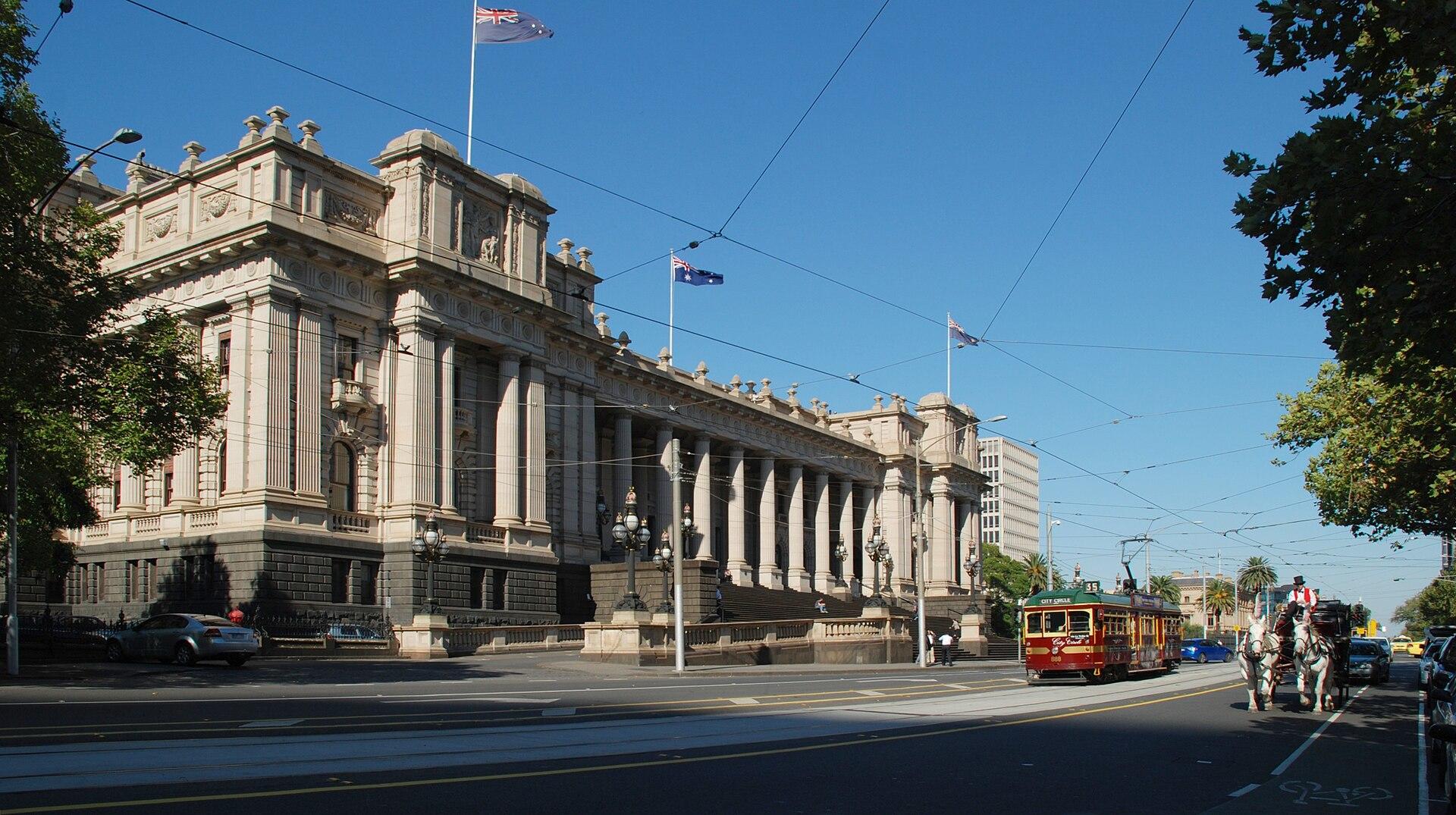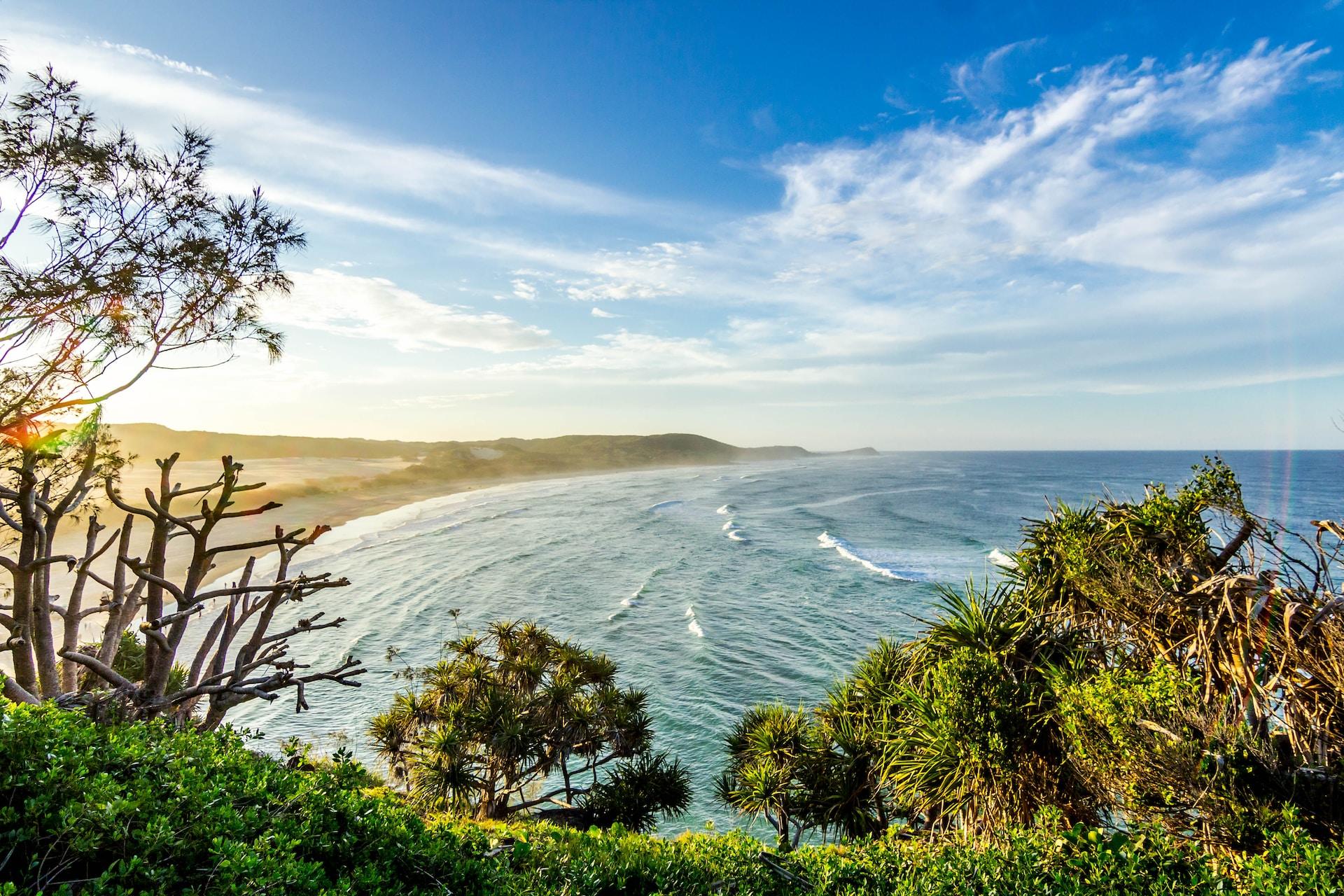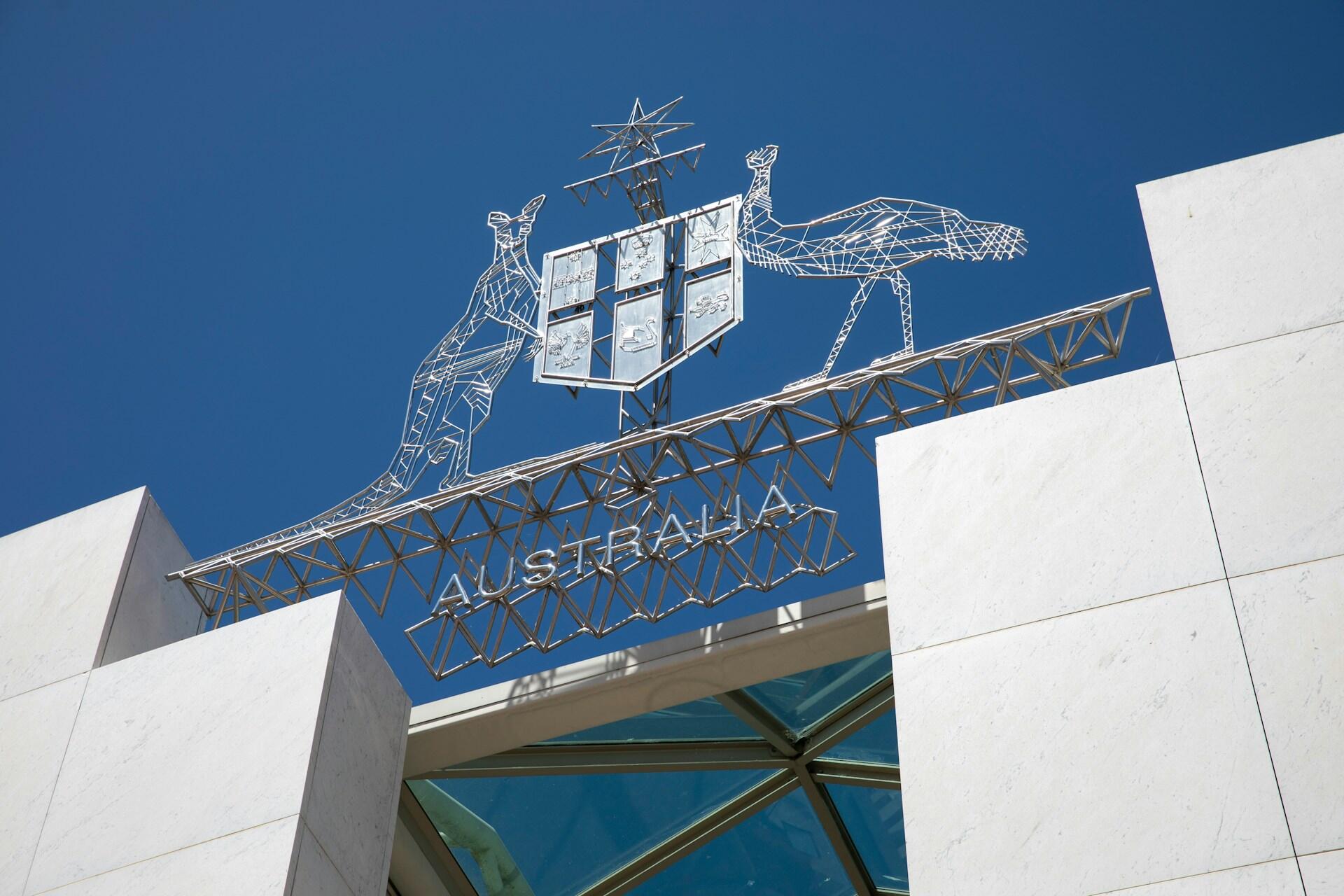Later this year, Australian citizens will vote on proposed legislation meant to give Aboriginal and Torres Strait Islander Peoples greater representation when advising the government on matters concerning Indigenous Australians. The proposed law passed in the House in May; Senate passed it in June.
Parliament now has up to six months to put the question to find out if people support this legislation, hence the uncertain referendum date. The referendum proposal revolves around establishing a First Peoples 'Voice', in the form of an advisory body.
This referendum has become controversial, not the least because many Australian citizens aren't fully aware of what this proposal encompasses.
For some, including Indigenous Australians, the question is how much of a benefit will Aboriginal and Torres Strait Islander People actually have. For others, there is the belief that this change would be divisive.
Whilst others believe that this is a necessary step in ensuring representation for Indigenous communities.
If the available information is correct, a body of Indigenous People - the Voice, will advise Parliament and the government. They will work within traditional structures and alongside existing organisations. However, they will not have any authority to overrule decisions made by the Government.
Studies show that Australians bristle at not having enough information to make a sound decision about proposed laws they go to the polls on. Some are uncertain about why they must vote on any referendum proposal.
For others, these exercises in direct democracy pique their curiosity about how their government works and why it works the way it does. This article means to help Australians learn about legislation and proposals they might support.

What Is the Australian Constitution?
The Constitution is our foundational document. It's the framework upon which we build the laws, rights, privileges and obligations every Australian citizen enjoys. It is a living thing subject to change, correction and expansion as our society and communities evolve.
Colonists wrote the first draft of our Constitution between 1891 and 1898. It was a painstaking task because it involved input from all six colony leaders. They didn't have the benefit of instant communication that we enjoy today so it took a fair chunk of time to hammer out all the details.
Not just during the two Constitutional Conventions to debate what the Constitution should address, either. By all accounts, support and consensus were hard to come by in colony meetings, too.
Today, we say 'It's like herding cats' when describing an impossible task. That the colony leaders managed to initiate this action and carry it out across time and space is nothing short of astounding.
Once all the legislation was put to paper, two years of referendums saw minor tweaks to the text. Finally, at the dawn of the new century, the British government and the reigning monarch affixed their stamps of approval.
The Commonwealth of Australia Constitution Act 1900 was ratified on January 1, 1901. From that day forward, Australia would be a federated state; a member of the Commonwealth of Nations. It contained no recognition of First Peoples.
But why did British colonists in Australia want to found their own country?
For one, colonies were trading amongst themselves but had no laws or regulations to guide them. Interstate commerce is a tricky business; what kind of tariffs, taxes or duties should each party pay? The colonies varied in size; sometimes the larger ones exerted power over the less-populated, less wealthy ones.
As the disputes escalated, the colonists all came to the consensus that they must have laws to guide their operations.
As colonists debated what shape their future would take, other countries were setting up colonies on nearby islands. French and German stakes forced Australian colonists to cement their authority lest they be overrun.
They felt it was past time to establish their Australian identity. And so, they set about writing the document that would give recognition to Australian life and government.

What Is a Referendum?
As colonists wrangled over what to include in their outline of Australian rights and responsibilities, they never quit the idea of society members having their say. At this time, Aboriginal and Torres Island Strait Peoples still had no recognition. So the Constitution's very last entry enumerates citizens' rights and responsibilities in shaping their country's direction.
Chapter VIII of our Constitution contains a single section, #128, that outlines how referendums will be conducted.
In Australia, referendums are questions put to the public regarding changes to the Constitution. Typically, they address matters not already covered in the Constitution; matters that would make a significant change to Australian life and society.
They may primarily benefit a single group, like the Voice of Parliament question does. But every Australian citizen gains when a suitable motion is carried.
The Constitution mandates that every citizen on the voting rolls must be counted when a referendum question is up for a vote. People who are incapacitated or otherwise unable to vote may explain why and thus, are absolved from voting.
Those who have no opinion of the proposal or prefer not to express one may cast a blank ballot. But the majority of citizens participate in the referendum process, voting 'yea' or 'nay' as they see fit.
Referendums are typically limited to questions about changing the Constitution but the government may ask citizens to help decide other matters, too. For example, citizens voted their choice from four songs to enshrine an official National Anthem.
Each tune had taken a turn as the national song, even if only in one state. In 1977, the people decided they preferred Advance, Australia Fair to God Save the Queen (now King).
National votes that do not change the Constitution are called plebiscites. Besides not bringing about constitutional change, they differ from referenda because being counted is not mandatory.
If you'd rather not answer the survey - the way the government handled the Australian marriage plebiscite, you don't have to. Of plebiscites and referendums, the latter are the most important, by far.

Why Are Referendums Important?
In most countries as in Australia, citizens and eligible voters elect representatives to manage the business of government. Many consider this small exercise in democracy a privilege as well as a right but few think of it as a duty or obligation.
In Australia, it's all of the above. It's not enough for communities to send representatives to Canberra to draft legislation on our behalf; the Constitution requires people to be civically engaged.
To understand why referendums are important, we need to examine the difference between direct and representative democracy. Direct democracy means every eligible society member votes on an issue. Representative democracy means electing a minister to represent a group, say a district or a state, in an official capacity.
These elected officials work out of our state parliaments and the Parliament in Canberra.
Direct democracy is an impractical solution to government. Everyone would have to be equally well-informed and impartial. They would have to set their personal desires aside to vote for the greater good. And everyone would have to be equally interested and invested in the democratic process.
Australia's latest census counted 25 and a half million people. Even if every member of society embodied all the qualities listed - and were moral and ethical, to boot, it's a Herculean task to tally each vote.
As it stands, such work isn't too bad as our election cycles are infrequent. But imagine if every proposal, every law, every motion and every government decision had to be treated as a national election.
But we still have the right and obligation to participate in direct democracy when the situation demands it. Referendums are called any time our government drafts a proposal for constitutional change.
Thanks to this provision, we're less at risk of a tyrannical government that might unilaterally decide some parts of the Constitution no longer apply. As we see more instances of such around the world, we must conclude that referendums are important to maintain our Australian ideal.

Referendums in Australia
Just six years after Australia became a member of the Commonwealth of Nations, citizens exercised their right to direct democracy for the very first time. The referendum question addressed senators' terms of office, specifically, when their terms should start. The proposal carried with nearly 83% of the popular vote and all six states.
This double majority is required for every constitutional amendment. It's not enough that the majority of citizens across Australia vote for a proposal, a majority of states must also agree. Let's say that only 11% of the voters in Western Australia, 43% in Northern Australia and 39% in Queensland voted in favour of a proposal. But in all the other states and territories, voters carried it with more than 65%.
Despite a majority of citizens favouring the proposal, passing it would disadvantage voters in states that did not. More importantly, a proposal not winning a majority of states assures us that it does not have strong support. So proposals that may have met the 50%+1 citizen vote threshold for passing may still not advance unless four of the six states also carry it.
In Australia's 122 years as a federated state, the government has proposed 44 amendments to the Constitution.
Of those, only eight passed the double-majority standard. And five won the popular vote but failed to meet the state vote criterion. Might that also happen with the upcoming Voice to Parliament referendum?
Summarise with AI:
















